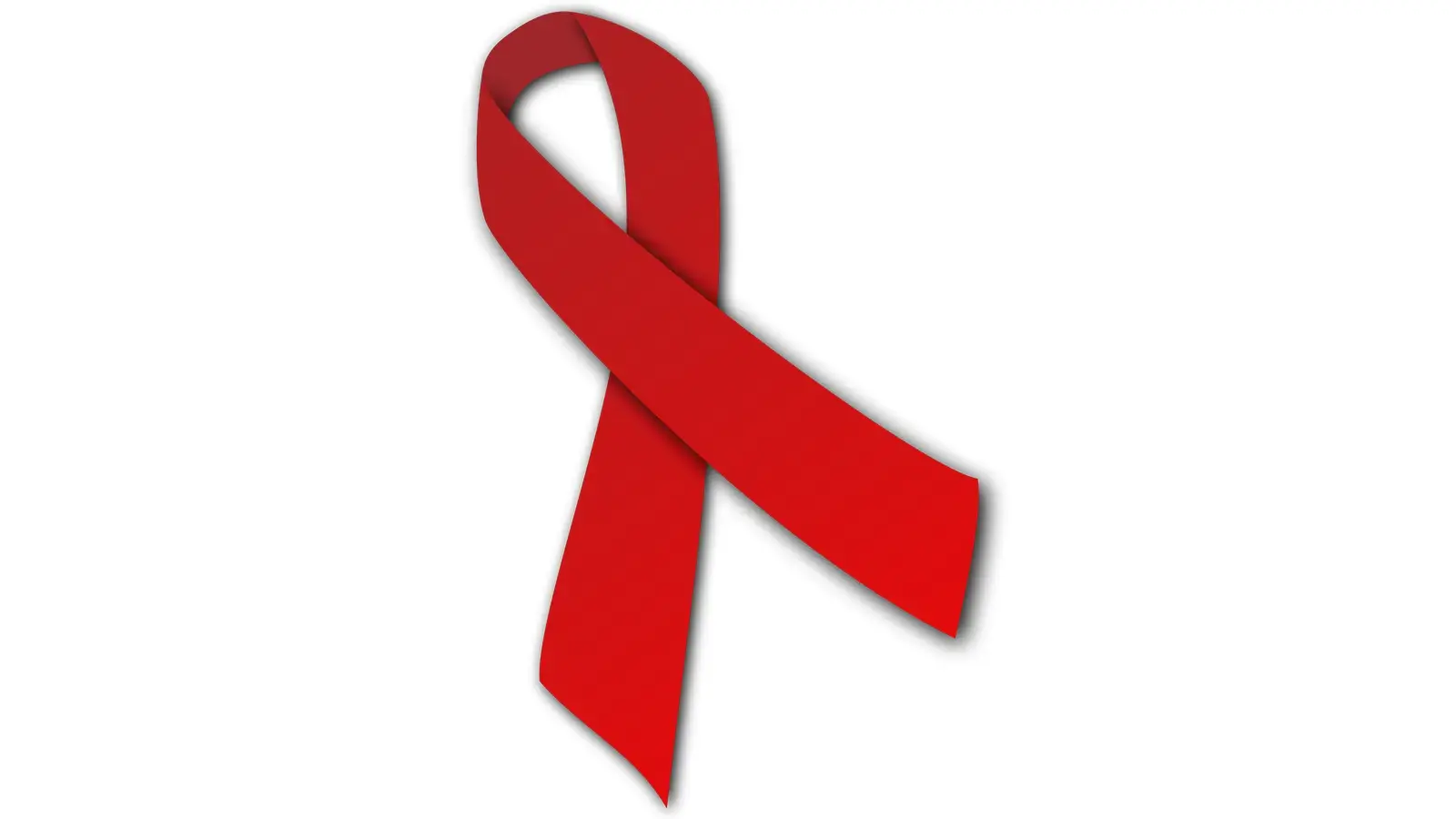The national prevalence rate for Human Immunodeficiency Virus (HIV) is estimated at 0.41 per cent (2013) among people aged 15-49 years. However, the provinces of Papua and West Papua show a low level generalized epidemic, with HIV prevalence at 2.3 per cent (2013). Linking HIV and reproductive health in both concentrated and generalized epidemics is critical to synergize efforts addressing HIV, maternal health and Family Planning (FP). UNFPA Indonesia will continue the work on linking HIV with maternal health and FP programme.
UNFPA will focus on the provision of evidence-based advocacy for policies on the integration of HIV- Sexual and Reproductive Health (SRH) within the national programme and its linkages with maternal health and FP programmes through:
- Provide technical support to improve the national HIV prevention programme to prevent transmission among Intimate Partner (Low Risk Women)
- Provide technical support to improve the HIV prevention programme particularly on Prevention of Mother-To-Child Transmission (PMTCT); Prong (Strategy) 1 and Prong (Strategy) 2 in Papua
- Provide technical support to the National Aids Commission (NAC) Secretariat and National Population and Family Planning Board (BKKBN) and Ministry of Health (MOH) in the review of policies and programmes related to dual protection, including in Papua.
Provide advocacy on programme coordination and alignment on SRH-HIV linkages between NAC (HIV Prevention Through Sexual Transmission-PMTS), MOH (Sexually Transmitted Infections-STIs), and BKKBN (FP) including for Prevention of Mother-To-Child Transmission (PMTCT; Prong 1 and Prong 2) and for vulnerable populations, including in Papua.


